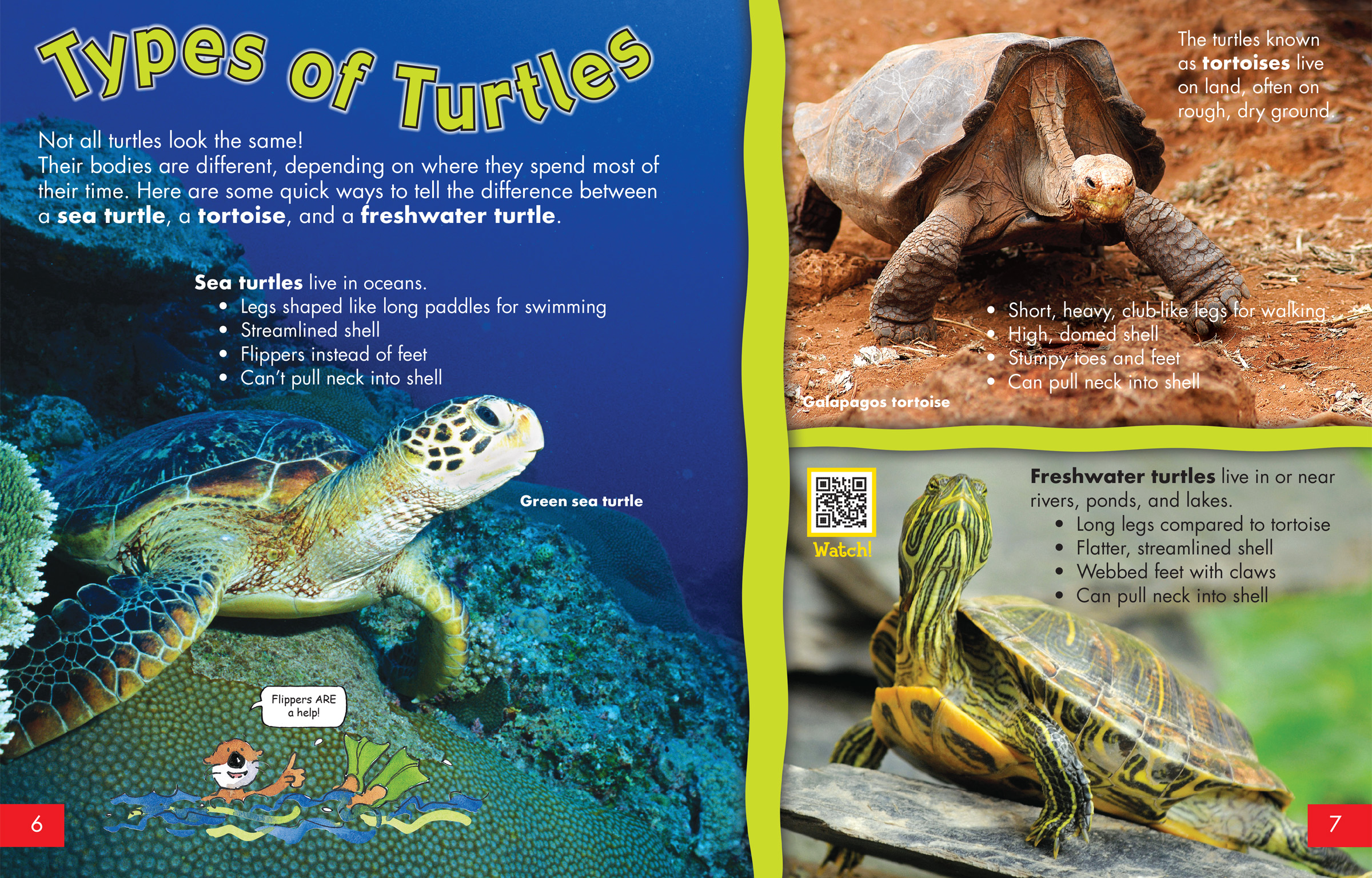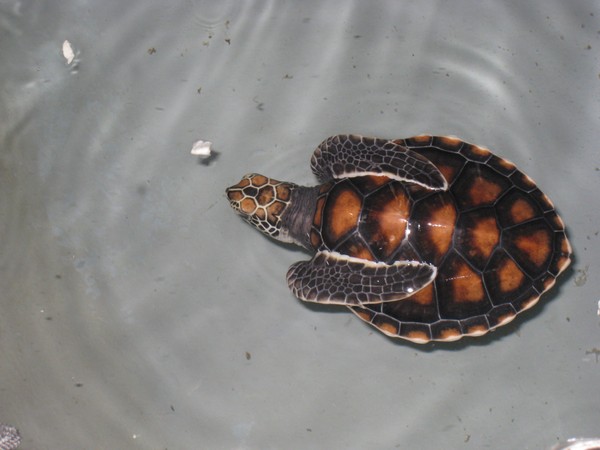No, sea turtles cannot live in freshwater due to their specialized adaptations for marine environments. Sea turtles require the saltwater habitat for survival.
Sea turtles, fascinating creatures of the oceanic realm, have evolved remarkable adaptations for life in the marine world. From their streamlined bodies to their powerful flippers, these creatures are perfectly equipped to navigate the vastness of the salty seas. However, their survival is intricately linked to their ability to inhabit and adapt to saltwater environments.
The physiological and biological characteristics of sea turtles are finely tuned to life in the ocean, making them unable to survive in freshwater ecosystems. We will explore the reasons why sea turtles are exclusively bound to the marine realm and shed light on their incredible adaptations for life in the saltwater habitat.

Credit: www.facebook.com
The Adaptations Of Sea Turtles To Saltwater
Sea turtles are well-known for their ability to live in saltwater environments. Their unique adaptations allow them to thrive in these habitats. One such adaptation is the presence of salt glands. These glands are located near the turtle’s eyes and help excrete excess salt from their bodies, enabling them to maintain proper hydration levels.
Another important adaptation of sea turtles is their shell structure. The hard, protective shell not only provides physical protection but also helps with buoyancy control in saltwater. The shell’s shape and composition allow sea turtles to navigate efficiently through the water.
Additionally, sea turtles possess specialized kidney function that enables them to efficiently filter out salt from their bloodstream. This adaptation is crucial for their survival in saltwater environments and helps them maintain proper osmotic balance.
In conclusion, sea turtles have unique adaptations that allow them to live in saltwater. These include salt glands, shell structure, and kidney function, which all play a pivotal role in their ability to thrive in these environments.

Credit: rangerrick.org
Feasibility Of Sea Turtles Living In Freshwater
Sea turtles are marine reptiles adapted to life in saltwater environments, and their physiological characteristics make it challenging for them to survive in freshwater habitats. These turtles are highly specialized for living in the ocean, with a unique set of adaptations to cope with the high salinity of saltwater.
One of the primary challenges sea turtles face in freshwater is the low salinity. They have evolved to maintain a specific osmotic balance with the seawater, allowing them to efficiently excrete excess salt through specialized salt glands. In freshwater, however, the low salinity creates an osmotic imbalance in their bodies, which can lead to dehydration and metabolic disturbances.
Although sea turtles can venture into estuaries and brackish waters, where salinity levels are slightly lower compared to the open ocean, long-term exposure to purely freshwater environments is detrimental to their health. Studies and observations have shown that sea turtles become lethargic, lose weight, and experience decreased swimming ability when exposed to freshwater habitats for extended periods.
In conclusion, while sea turtles may briefly tolerate low salinity conditions, their ability to live in freshwater environments is limited due to their physiological adaptations to the ocean. Therefore, it is essential to protect their natural marine habitats to ensure the long-term survival of these magnificent creatures.

Credit: www.facebook.com
Conclusion
It is highly improbable for a sea turtle to live in freshwater. These incredible creatures are adapted to marine environments and rely on the unique characteristics of saltwater for survival. Freshwater lacks essential nutrients and can disrupt their bodily functions.
Sea turtles are designed to navigate vast oceans and rely on their specialized physiology to thrive in their natural habitat. Therefore, it is crucial to preserve their marine homes and ensure their long-term survival.






Leave a Reply